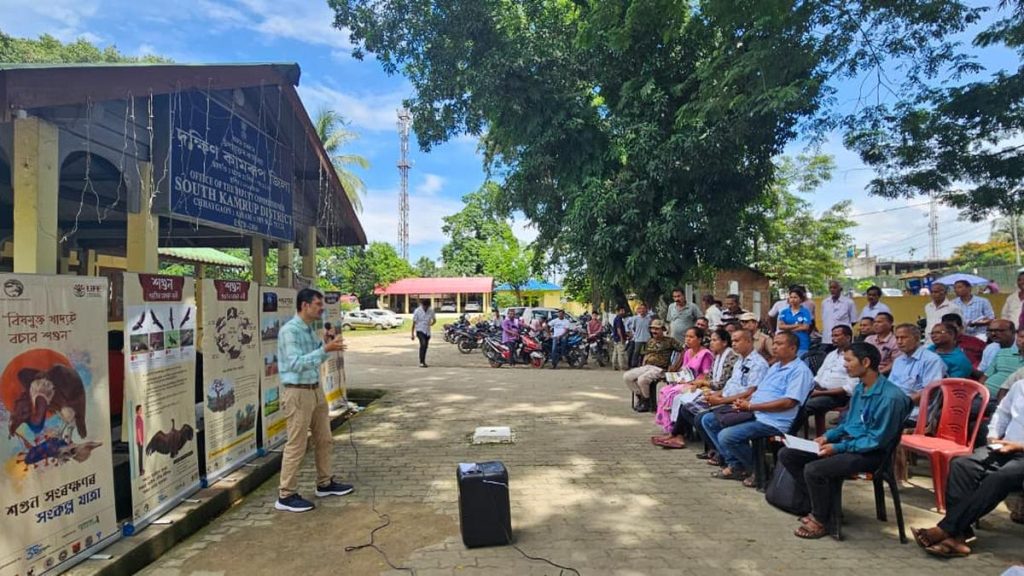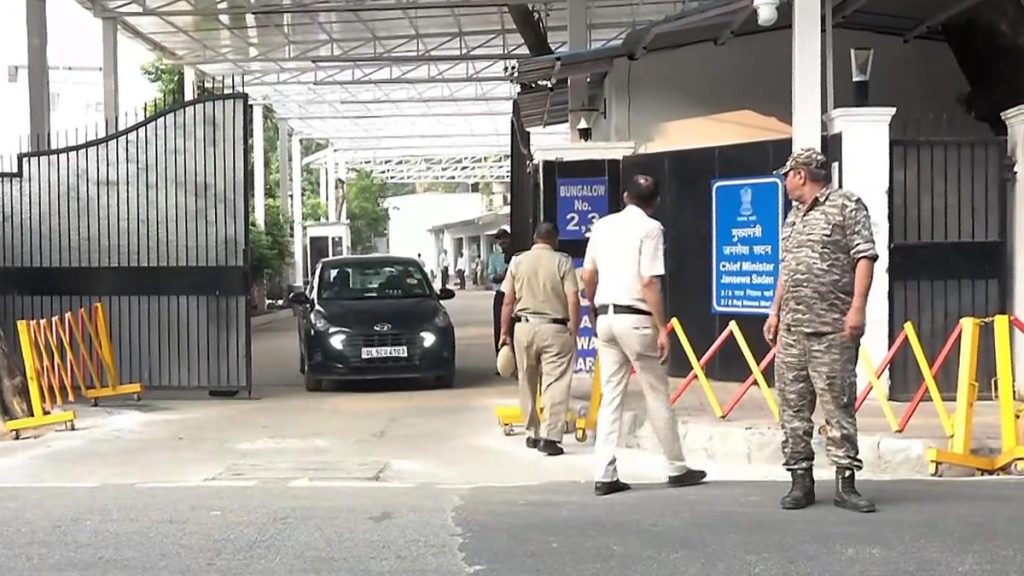Now Reading: CPI(M) Leader Warns of ‘Undeclared Emergency’ Under Modi
-
01
CPI(M) Leader Warns of ‘Undeclared Emergency’ Under Modi
CPI(M) Leader Warns of ‘Undeclared Emergency’ Under Modi
Quick Summary
- Event: CPI(M) State Secretary K. Prakash delivered a lecture titled “emergency – Then and Now” at the CPI(M) office in kalaburagi on Friday.
- key Points Raised:
– Mr. Prakash criticized the current BJP-led government for imposing what he called an “undeclared emergency,” labeling it more dangerous than the declared Emergency of 1975 under Indira Gandhi.
– The Emergency of 1975 was Constitutional and temporary, while he alleges that today’s actions by BJP are unConstitutional, permanent, and curtail fundamental rights.
– He accused institutions like the Election Commission of being subordinated to the ruling party, with laws favoring corporates over public welfare.
- Ancient Context:
– during India’s Emergency (1975-77), democratic rights where suspended by Indira Gandhi following mounting opposition and adverse court rulings against her election.
– The CPI supported Ms. Gandhi during Emergency initially but admitted this stance as mistaken later, whereas CPI(M) actively opposed it.
- Electoral Reforms Suggestion: Mr. Prakash highlighted that India’s first-past-the-post system is less democratic compared to proportional representation systems, which ensure broader representation based on vote share.
Indian Opinion Analysis
The lecture sheds light on recurring discussions about political centralization and it’s implications for democracy in India. Comparing an officially declared emergency from history with present-day governance tactics highlights concerns around institutional independence and preservation of Fundamental Rights. Such debates underline wider national issues like trust in electoral bodies or legal safeguards protecting dissent.
Mr. Prakash’s critique touches upon continuous historical tensions between corporate influence, legislative discretion, and socio-political equity-all pertinent topics amidst India’s evolving political landscape. While proportional representation may improve fairness in governance structures by reflecting diverse voting patterns more accurately, any systemic reform must thoroughly address logistical feasibility alongside public acceptance within India’s larger electoral framework.
For read more: Source























